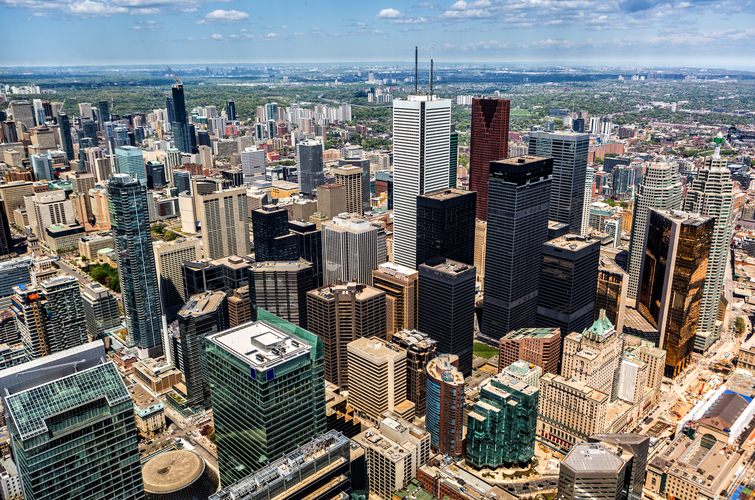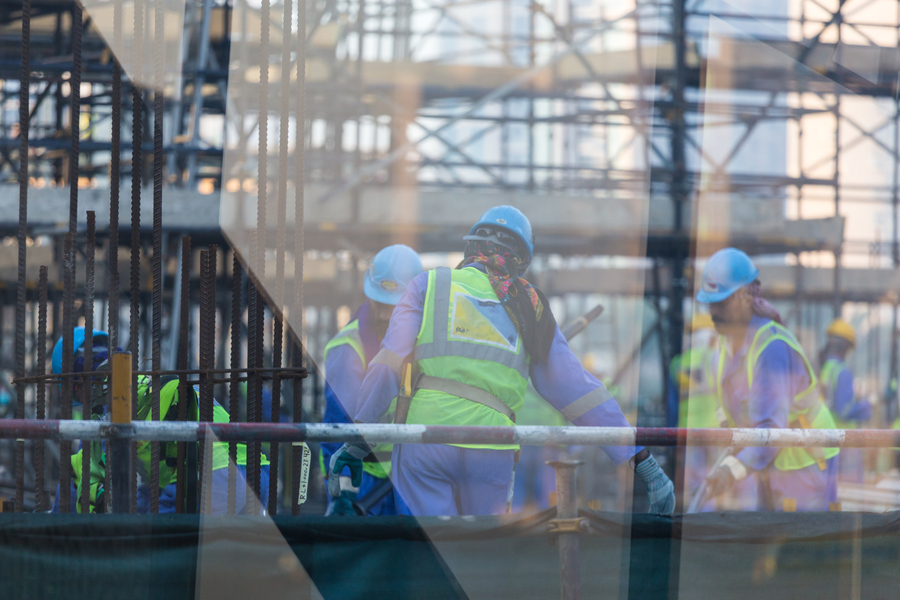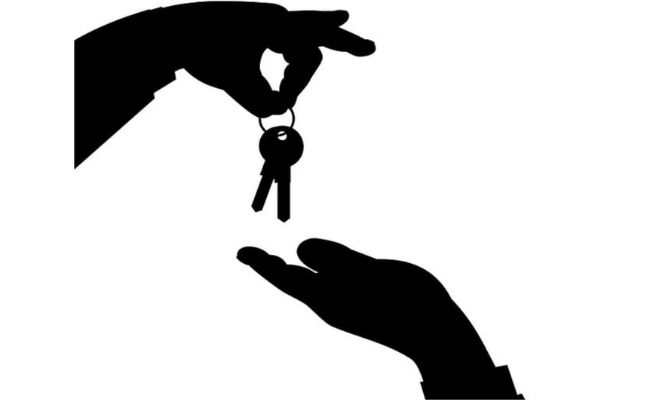Candidates vying to become the next mayor of the City of Toronto are now beginning to address the housing supply and affordability crisis.
Until recently, the number one election issue was not getting the play it deserved. The proposal to move the Ontario Science Centre to Ontario Place and ideas to address safety in transit was the most talked about issues.
But a few candidates are now making some noise.
Mark Saunders has committed to tearing down silos that exist between city divisions and delaying projects. He wants approval times for residential development to be reduced to one from four or more years. He’s also noted the lack of progress on the Housing Now initiative which has resulted in nothing being built.
Brad Bradford has also referenced the silos and pointed out that Housing Now is delivering nothing even though it was launched in 2019 and acres of city-owned land sit vacant growing weeds.
Ana Bailão has indicated she will lead an initiative to develop incentives and launch new policies to support the delivery of 285,000 new homes by 2031.
Olivia Chow, meanwhile, has promised to build 25,000 rent-controlled housing units over eight years.
And Chloe Brown is pushing to use technology to make the procurement and permitting systems more user-friendly.
The serious candidates have attended informative tours of affordable housing projects on government lands by HousingNowTO, a volunteer organization.
Josh Matlow has proposed a $300-million program, dubbed Public Build Toronto, to develop housing on city-owned lands, rather than partnering with private sector developers.

However, it has yet to be explained how we get to the target of 285,000 homes.
Urgent action is needed now, not tomorrow. Ironically, the Housing Now Program of 2019 is still in the tomorrow phase as no shovels are in danger of hitting the ground.
For many young people today, the thought of owning a home remains a pipe dream and rents are far outpacing incomes. That should not be the case.
And there are the taxes. Alarmingly, when you buy a new house in the City of Toronto, roughly 31 per cent of the cost is due to taxes, fees, development charges, and levies. On a $1-million home, that works out to $310,000.
We presently tax housing much the same as we do alcohol or tobacco. However, the difference is that a home is a need, not a luxury like the other products.
Up to 45 government bodies and agencies can be involved in the building permit process. When it comes to development approvals, we’re ranked 34th out of 35 countries by the Organisation for Economic Co-operation and Development, just ahead of Slovenia. We need a modern, streamlined, digitized system.
The provincial government has taken legislative steps to tackle the issues and the City of Toronto has passed a badly needed 2023 Housing Action Plan. However, the recently approved plan is now in jeopardy as some leading candidates in the mayoralty race are clearly opposed to critical elements of the blueprint. Any delays to these long-overdue changes would be an absolute disaster.
Meanwhile, the federal government is allowed to collect billions of dollars in tax from new housing without returning a large chunk of it for infrastructure and housing support. This was one of the findings in a report done recently by the Canadian Centre for Economic Analysis.
The federal government collects 39 per cent of the taxes from new housing but is only reinvesting 7.1 per cent of that in infrastructure. It’s outrageous but thus far not broached.
House hunters need an income of more than $200,000 a year to get into the current market or be left to an increasingly restricted rental market. If the situation continues, only the wealthy will be able to live in Toronto.
The present system is broken, and the only solution is supply. What’s the answer?

Richard Lyall is president of the Residential Construction Council of Ontario (RESCON). He has represented the building industry in Ontario since 1991. Contact him at media@rescon.com.









